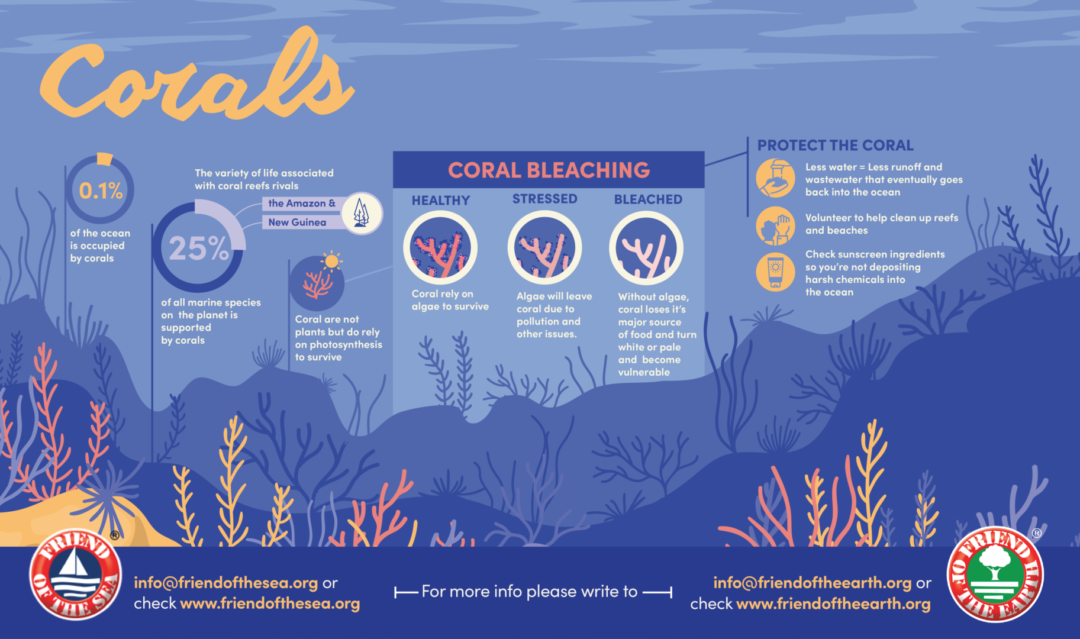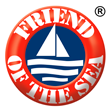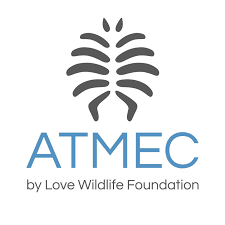Save the Corals
Corals are comprised of a group of identical individual polyps that live with each other in condensed colonies. They construct the reefs in tropical oceans by secreting calcium carbonate which forms a hard skeleton. An individual polyp is usually an animal resembling a sac that has a diameter and length of a few millimeters and centimeters respectively.
The Problem
There are many factors which are contributing to the declining trend of many of the coral species.
First and foremost, biological resource exploitation such as fishing and harvesting aquatic resources for jewelry or construction are the primary reason that is affecting habitats of the coral population.
Besides, various forms of pollution such as domestic and urban wastewater, industrial/agricultural/forestry effluents, airborne pollutants as well as severe climatic and weather conditions namely extreme temperature, flooding, tornados, cyclones, hurricanes, storms, etc. are also contributing highly toward this end.
Moreover, urbanization, industrialization, tourism, recreational activities and use of unsustainable UV creams, shipping lanes, etc. are some of the human affairs that are affecting the growth of the coral population and their habitat degradation.
Furthermore, various invasive alien species or problematic native species are responsible for the reduction of coral population. For example, lionfish which is native to the Indo-Pacific waters are growing promptly in the Atlantic Ocean which is likely to have a significant impact upon the native coral reef ecosystems.
Lastly, many coral species suffer due to diseases of unknown origin such as the white syndrome, black band and brown band diseases of the Great Barrier Reef.

Environmental Consequences
According to IUCN data, there are 886 species of corals worldwide. Among them, 99.8% are occupants of the marine atmosphere while the rest 0.2% live in a terrestrial environment. At present, there is no data available on population trends for 429 of the species whereas 397 of the species are collapsing in numbers. South and Southeast Asia is the home for the highest numbers of these declining species amounting to 345. It is followed by Oceania, East Asia, and Sub-Saharan Africa which has 325, 250 and 245 of these species respectively. West and Central Asia and North America are not lagging much behind where the number of species with a plummeting population is 188 and 158 respectively. Indonesia tops the list of countries in this category which accounts for 320 of the species while both the Philippines and Australia houses 304 of the species.
Other major countries of concern are Malaysia (300), Thailand (292), Papua New Guinea (285), Singapore (284), Solomon Islands (262), Taiwan (236), Japan (232), Micronesia (220), Palau (214), Fiji (214) and Vietnam (212).
An alarming situation could be understood about the coral population with the analysis that 28.5% of the species are enlisted as vulnerable while 0.5% and 4.0% of the species are critically endangered and endangered respectively. 15 of the critically endangered and endangered species are from Indonesia while Malaysia has 11 of them. Likewise, three countries namely Australia, Philippines, and Thailand each have 10 species.
Possible Solutions to save the corals
Many actions could be taken to safeguard threatened coral species.
Firstly, site, resource, and habitat protection need to be assured which could be done by demarking protected marine area and limiting fishing and harvesting of other aquatic resources as well as by establishing eco-friendly marine tourism.
Besides, site management and habitat and natural process restoration should be at the forefront of strategies to save threatened species. Reduction of sediment flux and coral farming or gardening are key examples in this regard. The Nature Conservancy, a USA based charitable environmental organization have been involved in generating more than 30,000 young coral in underwater farms in Florida and the Caribbean for transplantation.
Moreover, species management such as species recovery through construction of captive breeding and genome resource bank facilities are the call of the day. The ReFuGe 2020 consortium is an initiative of using a genomics-based solution towards the adaptability of coral holobionts towards environmental alteration. Other scientific research on habitat/population trends, population size, life history and ecology, taxonomy, etc. is likely to contribute positively as well.
Furthermore, 150 nations globally have agreed to follow the Convention on International Trade in Endangered Species (CITES) which prevents commercial trading of wild species if their existence is under threat. At present, Antipatharia Black corals, Coralliidae Red and Pink corals are among others that are enlisted in this category and these legislations need to be implemented.
Finally, awareness should be raised to protect the threatened species employing formal education, training and campaigns, as well as new local and national laws, need to be initiated
WSO's Activities and Initiatives
The World Sustainability Organization’s Friend of the Sea project provides financial support to Love Wildlife Foundation, Thailand (parent organization to the Aow Thai Marine Ecology Center (ATMEC)), a foundation under the laws of the Kingdom of Thailand and based in Thailand. ATMEC is a marine science-focused initiative, aimed at providing education in marine biology and ecology to students of all ages. ATMEC also prioritizes conducting original research, conservation projects, and coral restoration activities, in the Gulf of Thailand.
The aim of our collaboration is the following:
1. Purchase of raw materials for construction of artificial reefs
2. Purchase of prefabricated materials for the construction of artificial reefs
3. Deployment of a minimum of 3.000 kg of artificial substrate for restoration
4. In-situ attachment of corals and maintenance of structures
Call to action
- Choose only Friend of the Sea certified products and corals.
- Sign Friend of the Sea Change.org campaign to save the corals
- Elect political leadership at the council, state and federal level who have clear environmental sustainability policies such as protecting threated coral species and would act by implementing new legislation if elected.
- Promote the establishment of captive breeding, genome resource bank, coral gardening and protected marine area in countries of major concern.
- Provide adequate funding on research and development to conservation biologists, ecologists, evolutionists who are primarily working on corals.











